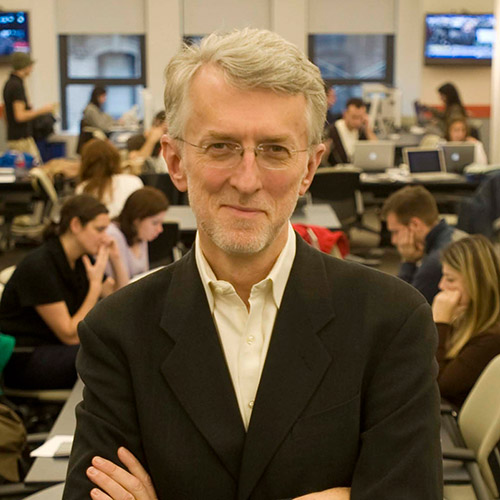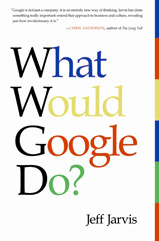
What we are witnessing in the Trump times is the last stand of angry, old, white men, who would sooner destroy the institutions of democracy than share them with those who will follow.
Conservatives — whom Robert Nisbet called “prophets of the past” — no longer strive to conserve institutions. Instead they are undermining the presidency, Congress, the courts, the rule of law, the armed forces, the United States Postal Service, standards of human rights, the Census, voting rights, elections, the peaceful transfer of power — in short, democracy itself — not to mention science, medicine, education, and the press.
These old, white men recognize that their hold on power is slipping as the demographics of the nation inevitably progress. Their shrinking but solid base of old and young, angry, white, male voters fear they will be unqualified — uneducated — for a future that threatens them with automation and the internet, robots and self-driving vehicles, and a loss of jobs and security.
But in the rhetoric of the right, the internet is not the enemy; the people using it are. Today, people who were for too long not seen at the tables of power or heard in mass media finally have their press — also known as social media — with which to realize their First Amendment aspirations to speak, assemble, and act together: to claim power. Thus we have #BlackLivesMatter and a movement that brings inequity in every sector of society to the surface, where it can no longer be ignored, catalyzing what I hope may someday be seen as the rise of an American Reformation.
Every institution must respond and adapt or become obsolete and replaced.
After COVID and its reprehensibly disproportionate burden on people of color and the poor, journalism, health care, and public policy must now examine medicine, insurance, and employment through the lens of equity.
Now that witnesses to police killing can share their evidence online, policing as an institution is challenged at last and must be reconsidered in the context of racial justice and of the full offering of social services government should provide. This is what is meant by defunding the police.
Even our most precious American institution, freedom of expression, is threatened as President Trump attacks the press as the enemy of the people and attempts to ban a press of the people: TikTok. Meanwhile, Republicans in Congress, upset when their speech is labeled hate speech, threaten to take away platforms’ protections for everyone’s voice under Section 230.
“It is because our world has been modern only since around the middle of the nineteenth century that we do not have to go far back in time before institutions become foreign to our senses,” writes Douglas W. Allen in his book, “The Institutional Revolution.” “Our local government administrations; systems of taxation; our widespread views on marriage, occupation, and social status; the practice of universal suffrage; our sense of individualism, to name but a few, are all relatively recent innovations.”
No institution is forever. Trump and company are exploiting a vulnerable moment for society’s institutions in the midst of challenge and change. The party in power chooses to burn the fields behind them. It is an act not so much of political desperation but of cynical opportunism, throwing our once-cherished emblems of stability in the flames to fuel anger among the white men of the base. We are told of the need to empathize with their fear and fury but one wonders what they have to be angry about, other than squandering their privilege of whiteness.
As an old, white man myself, I was raised in a time when we were taught the ideal of the melting pot: that a color-blind America would soon come to see all as equal. It took time for me to understand the racism in that myth, which would have us erase the unique identities of individuals and communities in our diverse nation until everyone came to act like us, the white majority.
Thankfully, the opposite has occurred. Those who would not be deleted are speaking loudly to claim their own birthright to righteous anger, to equity, and to power. In response, the angry, uneducated, white men get only louder. It doesn’t much matter what they shout. They can refuse to wear masks or spread conspiracy theories or attack institutions; it is all performance in epistemological warfare that embraces rage over reason and authoritarianism over authority. They believe they have nothing left to lose as they question the institution of institutions: truth.








